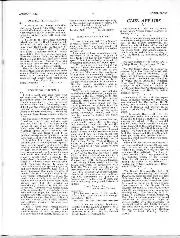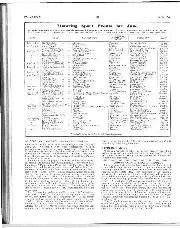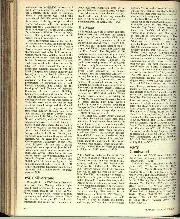In 1995, one of the greatest innovations in motor sport was uncovered by a scrutineer, confirming what drivers had long suspected: Toyota was cheating.
It took a head-to-head special stage event, at 1995’s Rally Australia, to confirm Tommi Mäkinen’s suspicions.
The Finn had lined up his Mitsubishi Lancer Evo III alongside the Toyota Celica GT4 of Juha Kankkunen, selected a gear, held the engine revs and waited for the off. By the end of the stage, all he could think about was how the Toyota had walked away from his Mitsubishi from the standing start.
“I remember the moment when they started investigating. We were in Langley Park, Perth and there was a nice Tarmac straight from the start. I remember when we started together and – vrrooooom! He was so much faster than me. I thought, ‘What the hell happened?’ He was stupid to accelerate flat-out, he was 25 metres ahead of me on that short straight. He should have slowed down and nobody would have realised.”
At the next event, Rally Catalunya, a scrutineer finally found the cheat that had eluded enforcers of the FIA’s technical regulations. Toyota engineers had devised a way to integrate a hidden, spring-loaded mechanism within the air restrictor for the turbocharger, which would be all but impossible to spot but would gain the GT4’s four-cylinder turbo engine an extra 25 per cent of lung capacity – or about 50bhp.
When the air restrictor was removed for inspection, it was devilishly difficult to see anything out of the ordinary. So impressed were the rule makers that Max Mosley, then FIA head, said: “It is the most sophisticated and ingenious device either I or the FIA’s technical experts have seen for a long time.”
Toyota was kicked out of that year’s WRC and banned for the 1996 season. Today, Mäkinen is in charge of its team.





